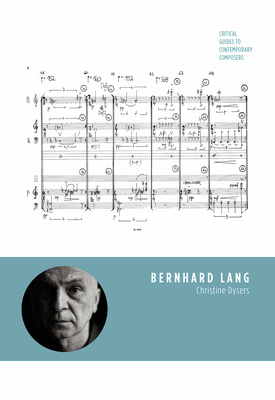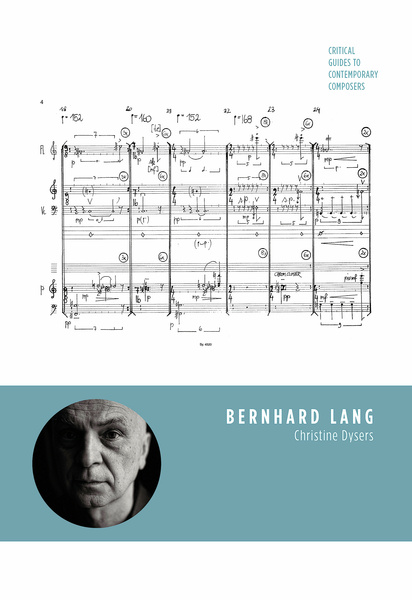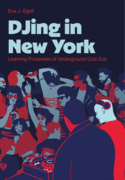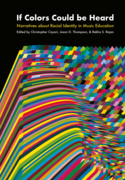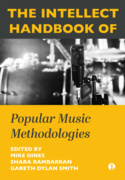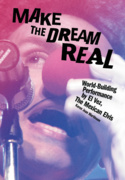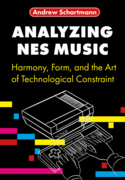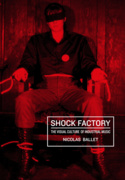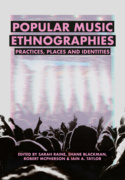Bernhard Lang (Book)
Critical Guides to Contemporary Composers
A critical guide and introduction to the work of Austrian composer Bernhard Lang (b. 1957) - one of Europe’s foremost leading practitioners in contemporary music. It traces the phenomenon of repetition as it works in and through Lang’s oeuvre and investigates his use of textual quotation and musical borrowing. 42 b/w illus.
Edition
Bernhard Lang: Critical Guides to Contemporary Composers offers a critical guide and introduction to the work of Austrian composer Bernhard Lang (b. 1957). It identifies the phenomenon of repetition as a central concern in Lang’s thinking and making. The composer’s artistic practice is identified as one of ‘loop aesthetics’: a creative poetics in which repetition serves not only as methodology, but also as material, language, and subject matter.
The book is structured around the four central thematic nodes of philosophy, music, theatre, and politics. After introducing Lang as a composer whose work is thoroughly influenced by philosophical thought, the book develops a typology of musical repetition as it is explored and activated in Lang’s oeuvre.
Pointing towards the several repetitions within the performance of Lang’s works, the book explores the heavily trans-medial nature of the repeat across domains such as literature, dance, and theatre. Finally, the book investigates Lang’s use of textual quotation and musical borrowing.
Christine Dysers is a musicologist specialising in contemporary music aesthetics. Her research centres around repetition, politics, absence, the liminal, and the uncanny. This is the first full-length study of the works of Bernhard Lang and is a new volume in the Critical Guides to Contemporary Composers series from Intellect.
Dr Christine Dysers is a postdoctoral researcher at the Uppsala University department of musicology. Her research is broadly concerned with music after 1989, with a particular focus on the aesthetics of repetition, music and the political, musical borrowing, and the notion of the uncanny. Christine holds a PhD in music from City, University of London. In 2021, she was appointed as a Fulbright Visiting Scholar in the department of music at Columbia University.
List of Figures vii
Acknowledgements xi
Introduction xiii
1. Philosophies of Repetition 1
Discovering Deleuze 4
Circular thinking 12
Seriality and the rhizomatic oeuvre 26
2. Different Repetitions 32
The same, again 34
The paradox of repetition 42
The same, but different 50
Calculating the unforeseen 62
3. Acts of Repetition 70
Stories about repetition 73
Repetitive stories 75
Repetitive gestures 78
Repetitive scenographies 87
4. Politics of Repetition 99
It’s all about history 109
Take the power back 119
The analytic faculty 124
The limits of the intertext 133
Epilogue 137
Notes 143
References 150
Index 163
'Dysers explores the concept of repetition, insightfully examining Lang's use of textual quotation, and his practice of musical borrowing. She argues that while repetition is commonly treated as reiteration of a previously explored idea, this is too reductive. She treats it more as radical instability. [...] The book is indebted to music theory, psychology and post-structuralist philosophy, and Dysers has engaged in extended interviews with the composer.'

